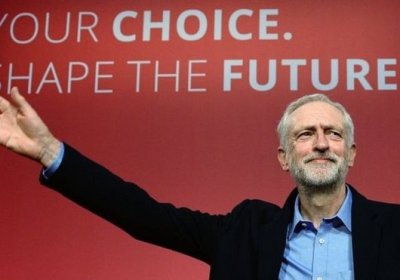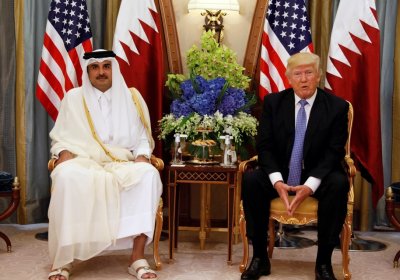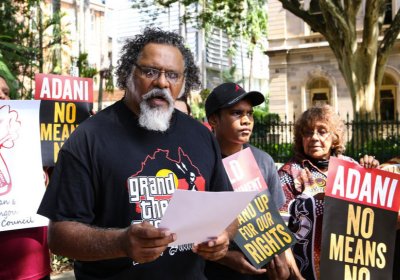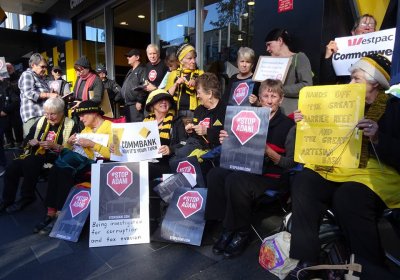The shine has rubbed off Queensland Premier Annastacia Palaszczuk’s apology to those men charged with historic gay sex offences, delivered in May.
Palaszczuk was hoping to score points by introducing a Historical Homosexual Convictions Expungement bill, which is now before a parliamentary committee, but it looks like she has struck out.











